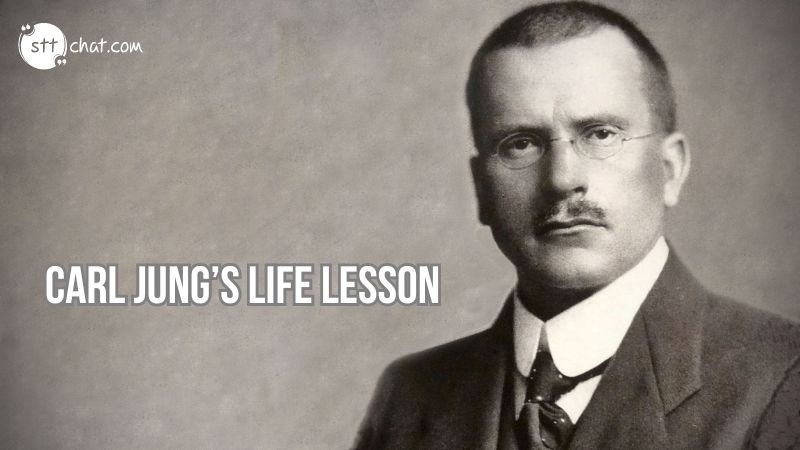The True Value of Nature
"Only when the last tree has been cut down, the last fish been caught, and the last stream poisoned, will we realize we cannot eat money."This proverb serves as a stark reminder of the delicate balance between human activity and nature. It warns us that our relentless pursuit of wealth and resources can lead to irreversible damage. The quote underscores the importance of environmental stewardship, urging us to protect and preserve the earth's resources. The message is clear: money cannot sustain life, but nature can. It calls for a shift in our values, emphasizing the need to prioritize sustainability over profit.

The Battle Within
"There are two wolves fighting inside all of us. The first one is evil, the second one is good. Which wolf will win? The one you feed."This powerful metaphor illustrates the internal struggle between our darker impulses and our better nature. The "wolves" represent opposing forces within us—greed, anger, and hatred versus kindness, compassion, and love. The proverb teaches that the outcomes of our lives are determined by the choices we make. By nurturing positive qualities, we can overcome negativity and lead fulfilling lives. It serves as a reminder to consciously choose which "wolf" we feed in our daily interactions.
Living a Life of Purpose
"When you were born, you cried and the world rejoiced. Live your life so that when you die, the world cries and you rejoice."This proverb encourages us to live a life of purpose and meaning. It suggests that our lives should be lived in such a way that we leave a positive impact on those around us. The ultimate goal is to be remembered fondly and to have no regrets at the end of our journey. It inspires us to focus on creating a legacy of kindness, love, and contribution that will outlast our physical presence on earth.
The Power of Silence and Action
"It is better to have less thunder in the mouth and more lightning in the hand.""Beware of the man who does not talk and the dog that does not bark."
These proverbs highlight the power of silence and the effectiveness of action over words. The first suggests that it is better to be a person of action rather than one who talks without results. Actions speak louder than words, and true power lies in what we do rather than what we say. The second proverb warns us to be cautious of those who are silent and seemingly inactive, as they may be more dangerous than those who are loud and obvious. Both quotes emphasize the value of measured speech and decisive action.
The Pursuit of Wisdom
"Seek wisdom, not knowledge. Knowledge is of the past, wisdom is of the future."This proverb distinguishes between knowledge and wisdom, suggesting that while knowledge is important, wisdom is what truly guides us forward. Knowledge refers to the accumulation of facts and information, often rooted in the past. Wisdom, on the other hand, is the ability to apply that knowledge in a meaningful way to navigate the future. It is a reminder to seek deeper understanding and insight, which can lead to better decisions and a more fulfilling life.

Empathy and Understanding
"Do not judge your neighbor until you walk two moons in his moccasins."This proverb speaks to the importance of empathy and understanding in our interactions with others. It encourages us to withhold judgment until we have experienced life from another person's perspective. By doing so, we can develop greater compassion and tolerance, leading to more harmonious relationships. It serves as a reminder that everyone has their own struggles and challenges, and we should strive to approach others with kindness and empathy.
The Illusion of Death
"There is no death, only a change of worlds."This profound statement reflects the Native American belief in the continuity of life beyond physical death. It suggests that death is not an end, but rather a transition to another realm of existence. This perspective can provide comfort and solace, reminding us that life is a cycle and that our spirits live on. The proverb encourages us to view death not with fear, but with acceptance and peace, knowing that it is a natural part of the human experience.






